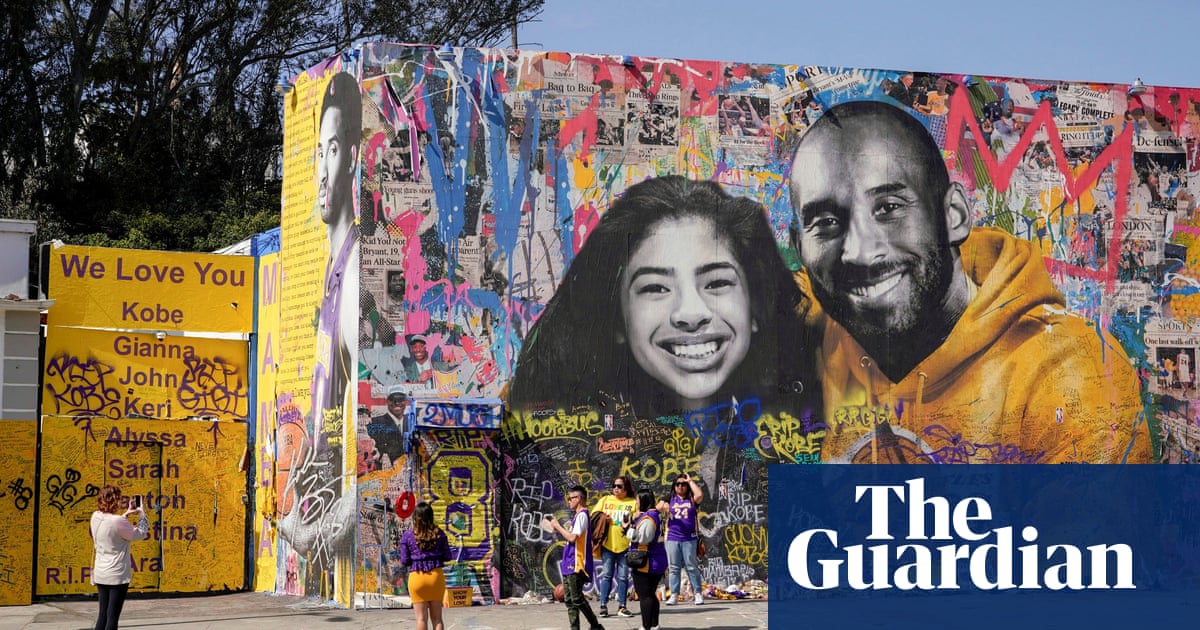Deportation for "Pro-Palestine or Anti-Israel Political Speech" May Violate the First Amendment, Court Holds

This case raises the issue of whether certain Public Officials can enforce a policy of arresting, detaining and deporting non-citizens who are otherwise here legally based solely upon their pro-Palestine or anti-Israel political speech…. Although this case raises novel First Amendment issues and the precise scope of the ideological-deportation policy challenged by the Plaintiffs is not yet clear, at the motion to dismiss stage the Plaintiffs' First Amendment claims survive. It is well established that noncitizens have at least some First Amendment rights, see Bridges v. Wixon (1945), and political speech is "at the core of what the First Amendment is designed to protect." Although case law defining the scope of noncitizens' First Amendment rights is notably sparse, the Plaintiffs have at least plausibly alleged that noncitizens, including lawful permanent residents, are being targeted specifically for exercising their right to political speech. See American-Arab Anti-Discrim. Comm. v. Reno (9th Cir. 1995), rev'd on other grounds ("The Supreme Court … has accorded to aliens living in the United States those protections of the Bill of Rights that are not, by the text of the Constitution, restricted to citizens."); OPAWL – Building AAPI Feminist Leadership v. Yost (6th Cir. 2024) ("Lawful permanent residents have First Amendment rights…. [T]hey have developed sufficient connections with the United States to be considered part of the national community: They live and work here lawfully, and they can serve in the military."); United States v. Verdugo-Urquidez (1990) ("[A]liens receive constitutional protections when they have come within the territory of the United States and developed substantial connections with this country."); but see Price v. United States Immigr. & Naturalization Serv. (9th Cir. 1991). The Plaintiffs have also clarified that they do not mean to bring a selective prosecution challenge, but rather contend "that Defendants are deporting people on the basis of their viewpoints alone." Contrary to what the Public Officials contend, this Court cannot agree that this alleged conduct would be constitutional. See Abourezk v. Reagan (D.D.C. 1984) ("[Public Officials] may not, consistent with the First Amendment, deny [noncitizens] entry solely on account of the content of their speech."), vacated on other grounds (D.C. Cir. 1986). The Public Officials' reliance on case law from the height of the second Red Scare era, such as Harisiades v. Shaughnessy (1952), is misplaced, and this Court assumes instead that noncitizens lawfully present in the United States have at least the core rights protected by the First Amendment, chief among them the right to speak on political subjects at least where such speech poses no immediate threat to others. See American Arab Anti-Discrim. Comm. v. Meese (C.D. Cal. 1989) (collecting cases holding that noncitizens have First Amendment rights, holding that noncitizens retain these rights in the deportation setting, and observing that in Harisiades, "the Supreme Court applied to aliens the same First Amendment test then applicable to citizens," which has since changed), aff'd in part, rev'd in part sub nom. American-Arab Anti-Discrim. Comm. v. Thornburgh (9th Cir. 1991); see also Keyishian v. Board of Regents (1967) (holding a state law denying employment to members of subversive organizations, without requiring proof of knowledge and intent respecting the organizations' illegal objectives, unconstitutional); Holder v. Humanitarian L. Project (2010) (upholding application of statute criminalizing material support of terrorism to groups providing any material support to designated terrorist groups, including legal training and political advocacy done in coordination with them, but noting that the Court "in no way suggest[s] that a regulation of independent speech would pass constitutional muster, even if the Government were to show that such speech benefits foreign terrorist organizations")…. The leading case, Harisiades v. Shaughnessy, 342 U.S. 580 (1952), speaks about nearly unlimit-ed Con-gressional power over deportation, but that language is in the sec-tion dealing with the argument that the deportation of Harisiades violated the Due Process Clause. The First Amendment discussion rested on the con-clusion that active membership in the Communist Party was sub-stan-tive-ly unpro-tect-ed by the First Amendment—both for citizens and non-citi-zens—which was the law at the time (see Den-nis v. United States (1951)). Lower court cases are mixed. For the view that Harisiades doesn't generally let the government act based on otherwise protected speech by aliens, see American-Arab Anti-Discrim. Comm. v. Reno, 70 F.3d 1045 (9th Cir. 1995), rev'd on other grounds, 525 U.S. 471 (1999): [T]he Court has explicitly stated that "[f]reedom of speech and of press is accorded aliens residing in this country." … Furthermore, the values underlying the First Amendment require the full applicability of First Amendment rights to the deportation setting. Thus, "read properly, Harisiades establishes that deportation grounds are to be judged by the same standard applied to other burdens on First Amendment rights." See also Parcham v. INS, 769 F.2d 1001 (4th Cir. 1985). For the view that the federal government generally has nearly unlimited immigration power over aliens, see Price v. INS, 962 F.2d 836 (9th Cir. 1991): [T]he protection afforded resident aliens may be limited…. [T]he Court has historically afforded Congress great deference in the area of immigration and naturalization…. "[I]n the exercise of its broad power over immigration and naturalization, 'Congress regularly makes rules that would be unacceptable if applied to citizens.'" [A]lthough Price [as a lawful permanent resident] is justified in expecting the greatest degree of constitutional protection afforded a non-citizen, the protection afforded him under the First Amendment certainly is not greater than that of the citizen plaintiffs in Kleindienst [whose First Amendment claims were rejected -EV]. See also Bluman v. FEC (D.C.C. 2011) (Kavanaugh, J.), aff'd without opinion (U.S. 2012): "The Court has further indicated that aliens' First Amendment rights might be less robust than those of citizens in certain discrete areas. See Harisiades." On balance, drawing all factual inferences in their favor, at least the AAUP and MESA [Middle East Studies Association] have associational standing to challenge the allegedly objective chill on their noncitizen members' speech. Although they have downplayed this standing argument in their supporting briefs, the Plaintiffs have alleged facts supporting a plausible inference that reasonable noncitizen members of the Plaintiff organizations would self-censor in response to the challenged policy based on a credible threat of enforcement, which amounts to an objective chill…. The experiences of five anonymous AAUP members and two anonymous MESA members, all lawful permanent residents and professors or lecturers, are described in the complaint, with particularized allegations that these members have stopped assigning materials or teaching formerly-offered classes touching on Israel and Palestine, turned down opportunities to write and speak on related matters, canceled conference and other plans, removed related previously published writing and scholarship from the internet, declined leadership and event opportunities within their organizations, ceased traveling abroad or departed the country, and stopped associating or protesting, all out of fear of potential retaliatory deportation if they engage in political speech…. Instead of emphasizing the chill on their noncitizen members' speech, the Plaintiffs have stressed their citizen members' right to hear from and associate with noncitizens, citing Kleindenst v. Mandel (1972) for the proposition that the right to hear and to receive information and ideas is protected by the First Amendment. The Plaintiffs are not wrong to invoke their citizen members' right to hear and to receive information, particularly given that the First Amendment is "nowhere more vital than in our schools and universities," nor of course their right to associate, but they point to no authority for the extension of what amounts to a kind of right-to-consortium claim to the right to hear from and associate with potential deportees. Mandel involved an individual would-be speaker who was invited to speak by particular would-be hearers and refused entry, lending support to the Public Officials' argument that the harm to the citizen members' rights is too attenuated because no specific member is alleged to have been deprived by the government of the opportunity to hear from or associate with a specific noncitizen. The Plaintiffs' "right to hear" argument, therefore, while non-frivolous, asks this Court to take an apparently unprecedented creative leap: to rule that one may sue for being deprived of the right to hear from another, due to an objective chill on another's speech. Without ruling that such a theory, or a similar theory based on freedom of association, could not properly be advanced, this Court instead rests its ruling that the AAUP and MESA have associational standing on the Plaintiffs' own noncitizen members' objectively chilled speech….


















